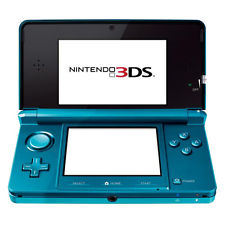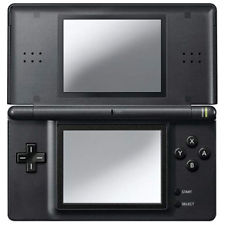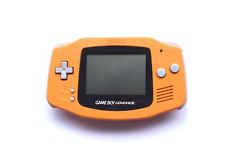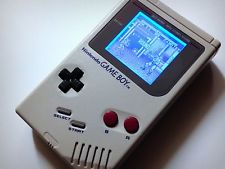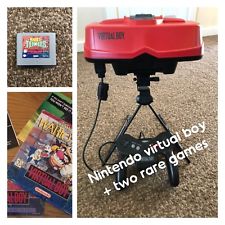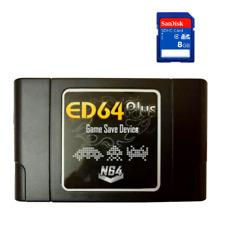|
August 28th, 2006, 22:03 Posted By: wraggster
via Greenbay
Video game makers usually find themselves marketing to a young audience when they launch a new product. But with video games coming out that aim to help baby boomers with their aging brains, the marketing game plan may be changing.
Consider the introduction of Brain Age: Train Your Brain in Minutes a Day, ($20, all ages), released earlier this year for use with the hand-held Nintendo DS device.
Brain Age was the first of a planned series of brain games from Nintendo. It includes word and number puzzles, connect-the-dots exercises and other challenges. Most of the activities are timed. When the player is finished, the game issues a "brain age" that is tracked on a graph to show progress over the weeks and months the brain-exercise regimen is completed. The goal is for the brain age to be at least equal to or below the player's actual age.
The game taps into a growing body of medical research suggesting that brain teasers and problem-solving games can improve memory and brain function in older people, even those with dementia.
For Brain Age, Nintendo is shifting gears on its marketing and advertising strategy by contacting AARP, the nation's largest senior citizens advocacy organization, the Discovery Channel and magazines such as Health, Women's Health and Redbook.
Interest in brain exercise could revolutionize the video-game industry, says Nintendo of America's Perrin Kaplan. "It's kind of already starting," she said.
Other game makers have begun to cater to such interests with the popular Sudoku. Ubisoft recently released Go! Sudoku ($30) for the Sony PlayStation Portable game system, and Sudoku Fever (Global Star, $20) has more than 100,000 puzzles of varying difficulty to play on Nintendo's older game system, the Game Boy Advance. Also out is Ultra Sudoku & Ultra Kakuro (Abacus, for PCs, $30) and, Dr. Sudoku (Mastiff Games, for Game Boy Advance, $20).
Sudoku and a more far-reaching puzzler, Perplex City, a real-world treasure hunt that delivers clues through puzzle cards and Web sites, "are really getting some traction now," says John Davison, editorial director for Ziff Davis' video game magazines, including Electronic Gaming Monthly. "(Nintendo's) Brain Age, I'm sure, will be a huge phenomenon. The challenge is getting people to try it, because once they do, they'll be hooked. ... It taps in nicely to the emerging puzzle-culture thing that's gaining some momentum."
Meanwhile, researchers are attempting to quantify what effects games could have on aging. The Alzheimer's Association recommends puzzles as therapy because some studies have suggested they might improve memory, attention and problem-solving while staving off mental decline and, perhaps, reducing the risk of Alzheimer's disease.
The themes of "brain food" and periodic mental breaks are being emphasized as methods of stress relief to the female-skewed audience of MSN Games, which offers puzzle games such as Hexic, Bejeweled, Mozaki Blocks, Bespelled and Scrabble Blast!
Beyond stress reduction, these games amount to the type of "brain food" that can combat loss of memory and brain function, Hall says.
"Playing online games can be a new and effective approach for getting brain food," she says, "and this fits seamlessly into the digital lifestyle so many of us lead."
For more information and downloads, click here!
 There are 1 comments - Join In and Discuss Here There are 1 comments - Join In and Discuss Here
|
|
 NES
NES





